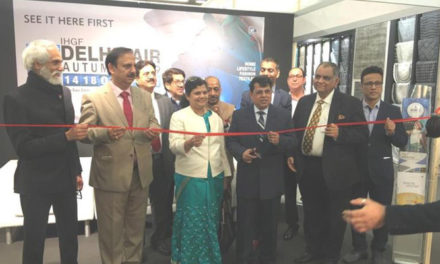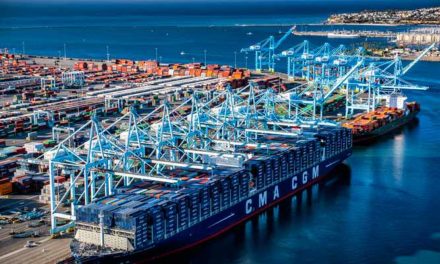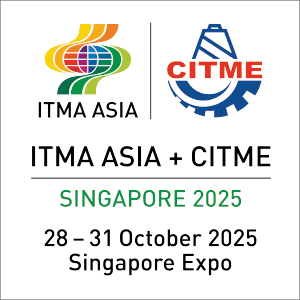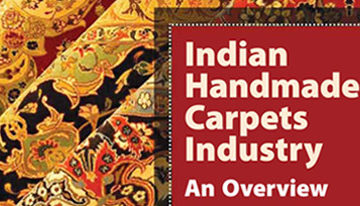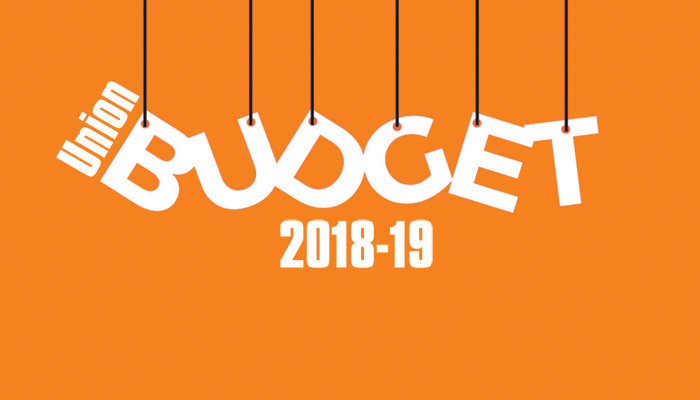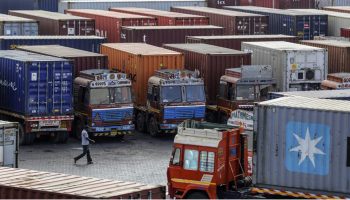 Responding to a yet again marginal decline in November exports by 0.34 percent with $25.98 bn during the month, FIEO President, Sharad Kumar Saraf said that both domestic and global factors have led to this decline in exports. Prolonging trade tensions and protectionism along with sluggishness in the economies across the globe has further added to the woes of the India’s exports sector. The slowdown projected across the economies for short-term and medium-term and return to more normal trade relations among countries looks a mere probability, said Saraf. The currency volatility besides fluctuation in commodities prices including crude prices have also led to the decrease in exports of petroleum, which is a major constituent of India’s exports.
Responding to a yet again marginal decline in November exports by 0.34 percent with $25.98 bn during the month, FIEO President, Sharad Kumar Saraf said that both domestic and global factors have led to this decline in exports. Prolonging trade tensions and protectionism along with sluggishness in the economies across the globe has further added to the woes of the India’s exports sector. The slowdown projected across the economies for short-term and medium-term and return to more normal trade relations among countries looks a mere probability, said Saraf. The currency volatility besides fluctuation in commodities prices including crude prices have also led to the decrease in exports of petroleum, which is a major constituent of India’s exports.
Only 13 out of the 30 major product groups were in positive territory during November 2019 including electronic goods, engineering goods, drugs & pharmaceuticals, marine products, meat, dairy & poultry products, organic & inorganic chemicals, iron ore, and few plantation sectors which showed some growth. Further few of the export sectors have started showing some positive trend during the month. All other major sector of exports including almost all labour-intensive sectors of exports were still in negative territory. A further import of $38.11 bn with a negative growth of 12.31 percent during the month has once again come as a big respite for the economy.
Saraf said that domestic issues including uncertainty over MEIS Scheme was a major cause of concern as exporters’ claim for over 4 months were pending, which wiped out their liquidity and kept them in doldrums with regard to finalising new contracts. The problem of risky exporters has also compounded the liquidity problem as their GST and Drawback claims have been held up.
President FIEO said that the stalemate over MEIS for apparels and made ups should be resolved immediately. RoDTEP should be notified with immediate effect for all the products with lead time of atleast 3 months so that exporters may factor the same in finalising new orders and making their transition to the new scheme smooth while continuing with MEIS in the interim period.



